Early and Mid-Career Researchers
Helping early and mid-career researchers

An important aspect of the society’s work is support for early and mid-career researchers (EMCRs) through peer exchange, mentoring programs, and promotion of clinical trials.
Our EMCR sub-committee is dedicated to facilitating collaboration and opportunities for the next generation of mood disorder research leaders who’ve been in the field for less than 10 years. It gives them a strong and influential voice within the ASBDD.
The resources available include:
- Networking and knowledge-building events
- Prizes and travel awards
- Support and advice from ASBDD members
- A platform to showcase research
How to get involved
To find out more about the work of the EMCR sub-committee, or to receive information about activities, email the online liaison officer at emcr@asbdd.org.au.
Become a state representative
We’re currently looking for EMCRs to represent their state on the sub-committee. If you’re interested in finding out what’s involved, email the EMCR Chairperson at emcr@asbdd.org.au. There are vacancies for every state and territory, apart from Victoria, and both islands in New Zealand.
EMCR Committee Members
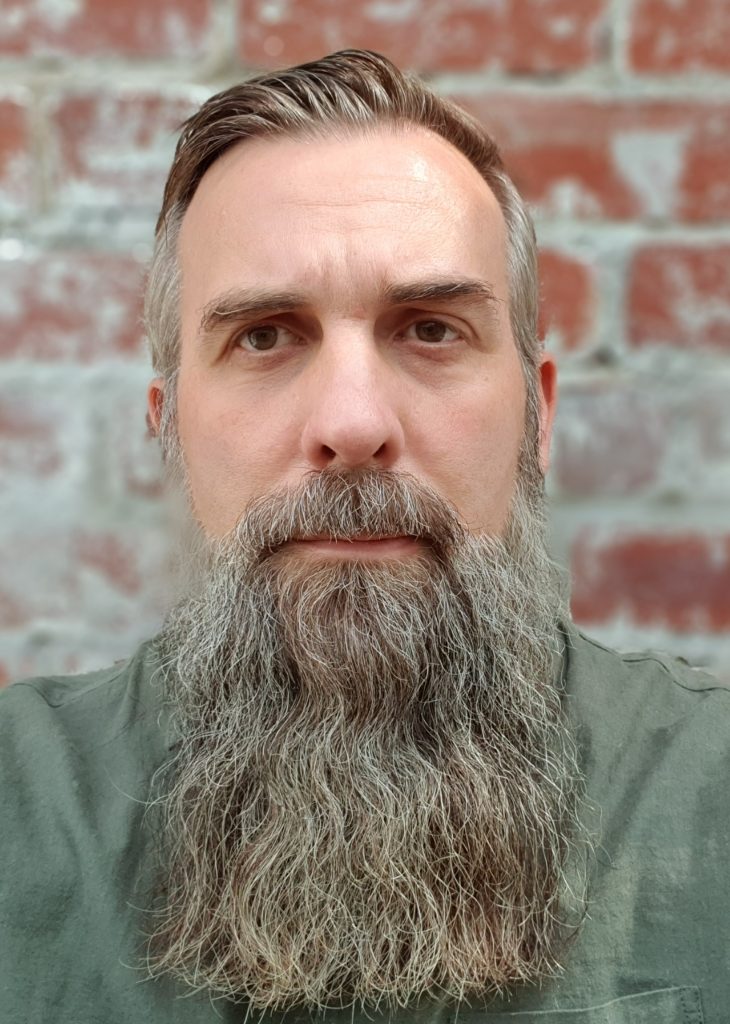
Dr Carl Moller
Co-chair
Carl is a registered psychologist with postgraduate training in clinical neuropsychology (MPsych Clin Neuro) and public health (MPH specialising in international health and harm reduction). Carl completed his PhD in suicidality in young people with depressive disorders in 2023 at the University of Melbourne Centre for Youth Mental Health / Orygen. His research interests encompass mood disorders, substance use, self-harm, suicide, infectious diseases of the CNS (particularly HIV), and health inequalities (particularly asylum seekers).

Dr Carl Moller
Co-chair
Carl is a registered psychologist with postgraduate training in clinical neuropsychology (MPsych Clin Neuro) and public health (MPH specialising in international health and harm reduction). Carl completed his PhD in suicidality in young people with depressive disorders in 2023 at the University of Melbourne Centre for Youth Mental Health / Orygen. His research interests encompass mood disorders, substance use, self-harm, suicide, infectious diseases of the CNS (particularly HIV), and health inequalities (particularly asylum seekers).
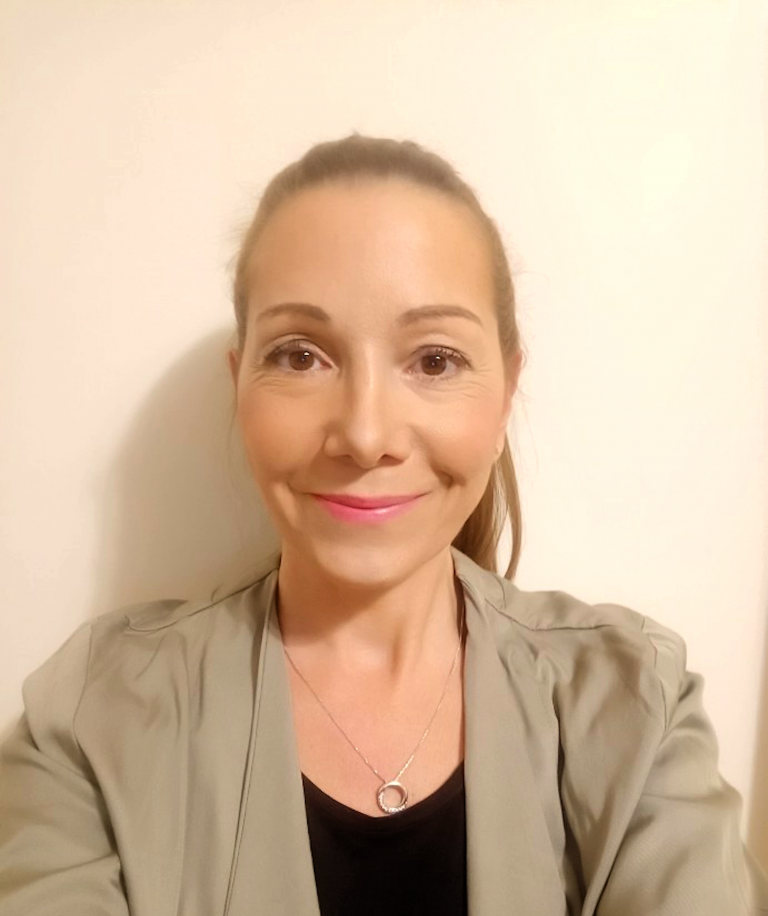
Christine Leonards
Co-chair
Christine is a registered psychologist and final year PhD candidate in the Department of Psychiatry, University of Melbourne. Christine is passionate about extending our understanding of the interplay between psychology, neuroscience, and psychopathology, and translating this into real-world outcomes. She is interested in the neural mechanisms underlying cognitive and affective processes and how this may explain clinical symptoms in mood disorders and inform treatment outcomes. Beyond the research lab, Christine tutors on several undergraduate psychology courses and remains engaged in clinical work.
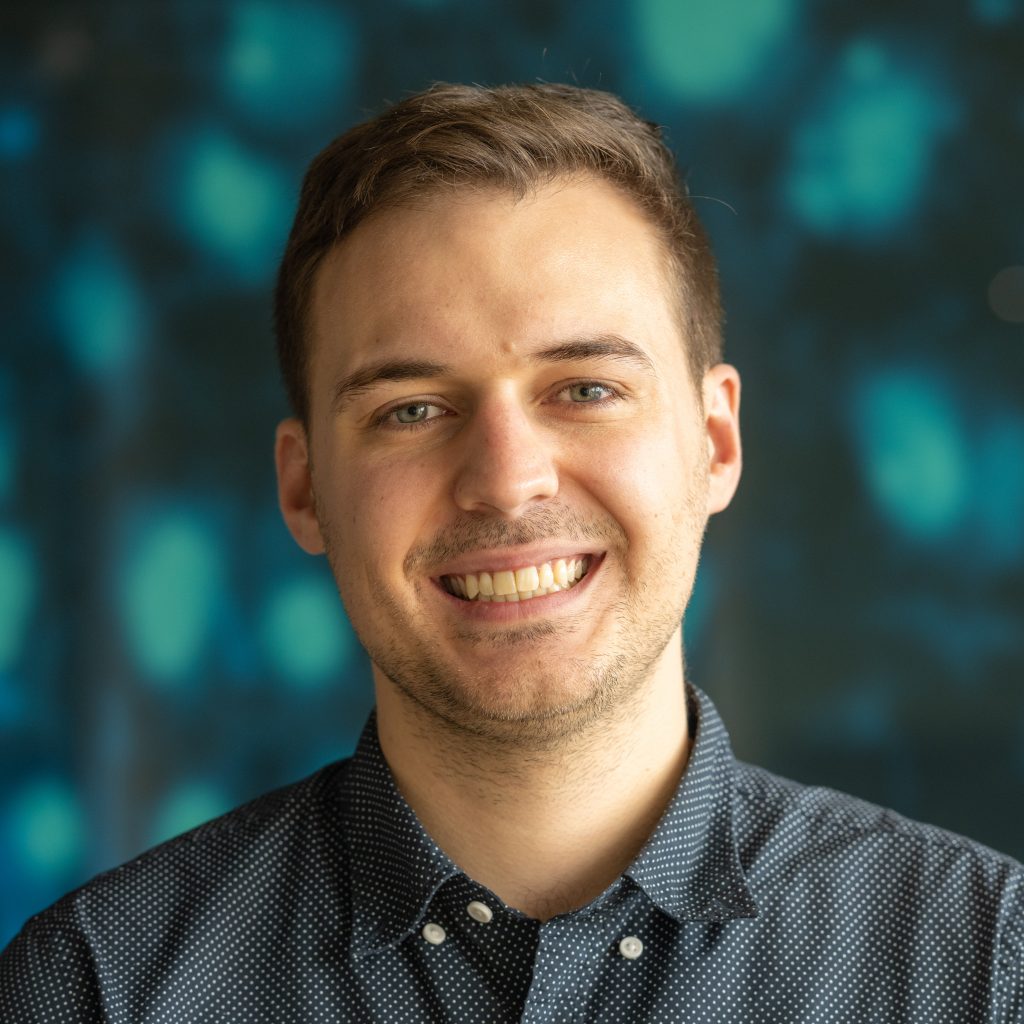
Dr Alec Jamieson
Secretary
Alec is a postdoctoral research fellow at the Melbourne Neuropsychiatry Centre, University of Melbourne. His research uses functional magnetic resonance imaging and computational modelling o improve our understanding of the altered social-affective processing present in mood and anxiety disorders. He has worked across several NHMRC-funded clinical trials examining neuroimaging predictors of treatment response in major depressive disorder.
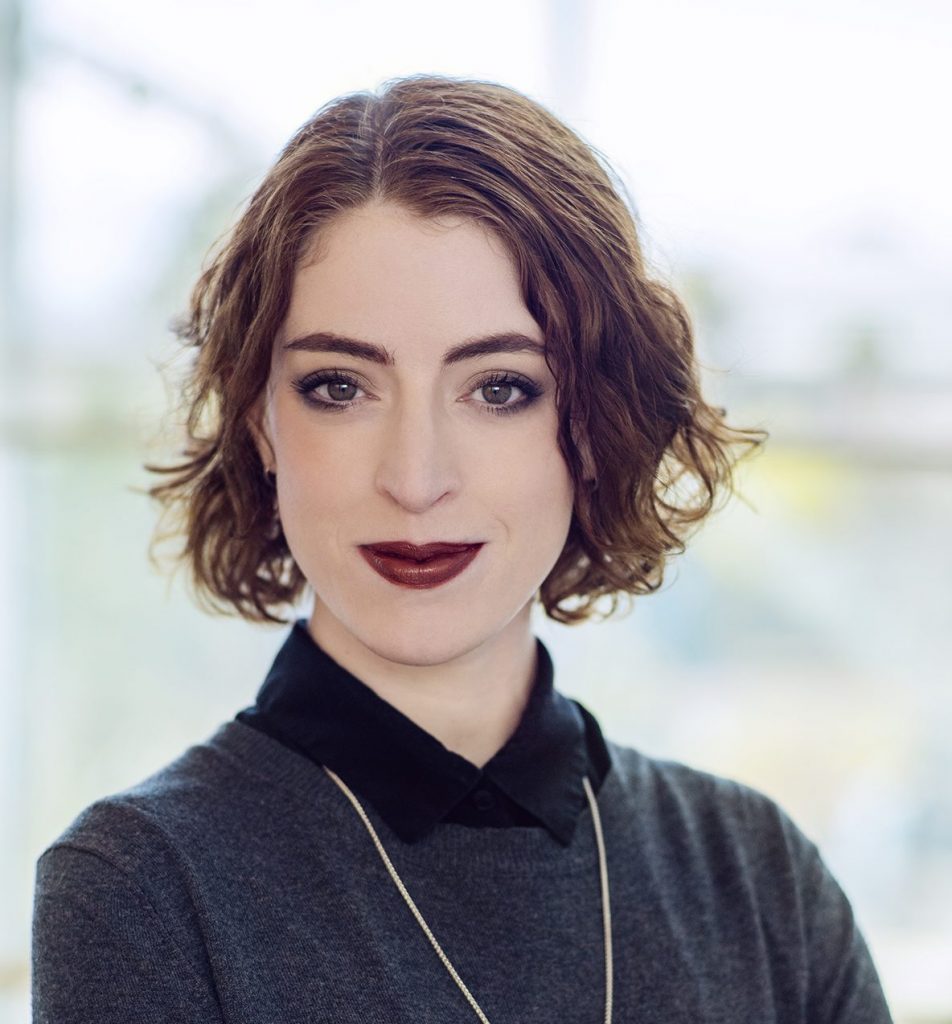
Dr Emma Morton
Committee member
Dr Emma Morton is a Senior Lecturer at Monash University, School of Psychological Sciences and Turner Institute for Brain and Mental Health. She completed her PhD (Clinical Psychology) at Swinburne University, and then took up a position at the University of British Columbia (Canada), supported by a prestigious Canadian Institutes of Health Research Banting Postdoctoral Fellowship. Her research aims to optimize the quality of life of individuals living with mood disorders, with particular emphasis on bipolar disorders, psychological interventions, digital health tools, and psilocybin therapies, conducted within a community-based participatory research framework. Dr. Morton is recognised as an emerging leader in mood disorders research: she was awarded the Depression and Bipolar Support Alliance Gerald L. Klerman Young Investigator Award, and the International Society for Bipolar Disorders Samuel Gershon Junior Investigator Award.

Ana Rita Barreiros
Community engagement coordinator
Ana Rita Barreiros combines clinical training and expertise in the application of neuroimaging (MRI) and neurophysiological (EEG) techniques in mental health research.
She started building up expertise in EEG and MRI research since 2013, in Portugal. Since 2017, in Australia, she worked at the Westmead Institute for Medical Research (University of Sydney), on several NHMRC, ARC and industry funded research projects and RCTs, to identify MRI and EEG markers in mood disorders and schizophrenia.
With a special interest in treatment-resistant depression (TRD) she is currently a PhD researcher at the University of Sydney Faculty of Medicine and Health, investigating the efficacy of non-invasive neuromodulation interventions for TRD using fMRI, and a Project Manager at UNSW/Black Dog Institute, leading the coordination of clinical trials in interventional psychiatry and neurostimulation.

Dr Zoe Shih-Jung Liu
Social media coordinator
Dr Zoe Shih-Jung Liu is a Research Fellow at the Institute for Mental and Physical Health and Clinical Translation (IMPACT), Deakin University. She completed her PhD (infectious disease and immunology) in 2020 at the University of Melbourne (Walter & Elisa Hall Institute of Medical Research). Her current work focuses on the discovery of biomarkers in clinical trials, longitudinal cohorts and stem cell-derived neuronal cell models. She is interested in identifying clinically relevant biomarkers associated with mental health disorders, metabolic diseases, bone health and treatment response.
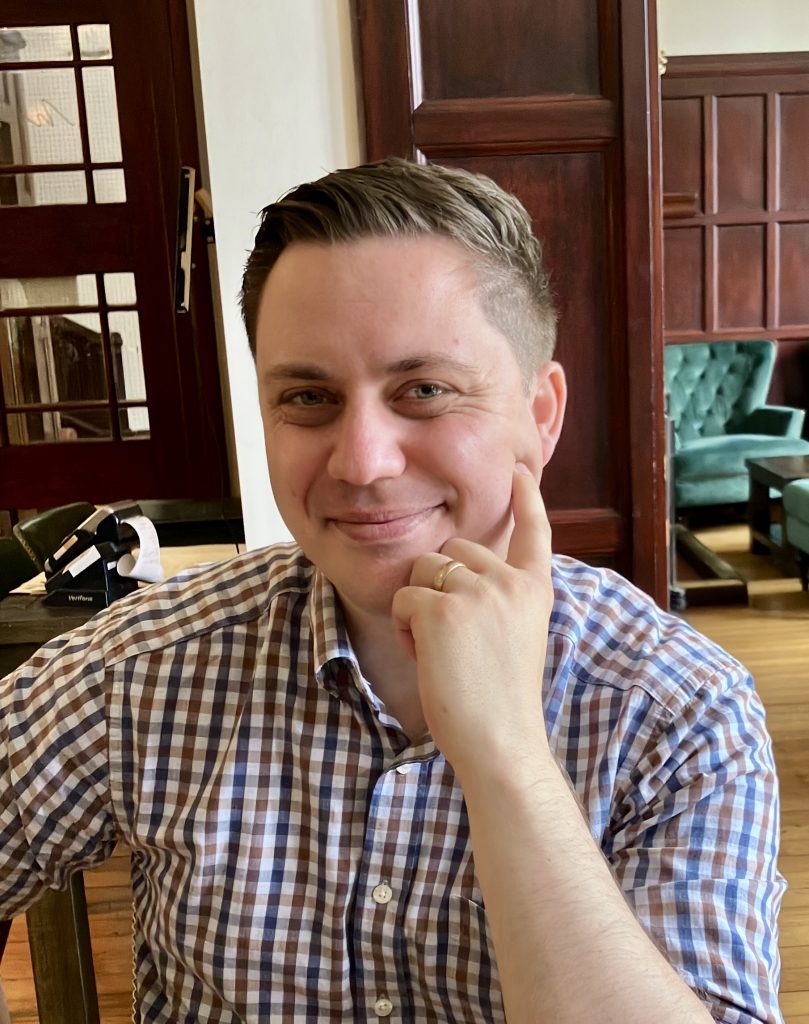
Dr Matthew Tennant
Psychiatrist representative
Matthew is a consultant psychiatrist providing inpatient and community mental health care at Te Whatu Ora, Canterbury. He is also a senior lecturer at the department of psychological medicine, University of Otago, Christchurch. Matthew has an interest in the treatment of mood disorders, recovery in chronic mental illness, medical education, and psychiatric ethics.
Become a member
ASBDD members enjoy exclusive access to our secure Membership Site, which contains a range of presentations from previous conferences and other events. Members also get discounted registration for conferences and presentations and up-to-date information on news and upcoming initiatives.